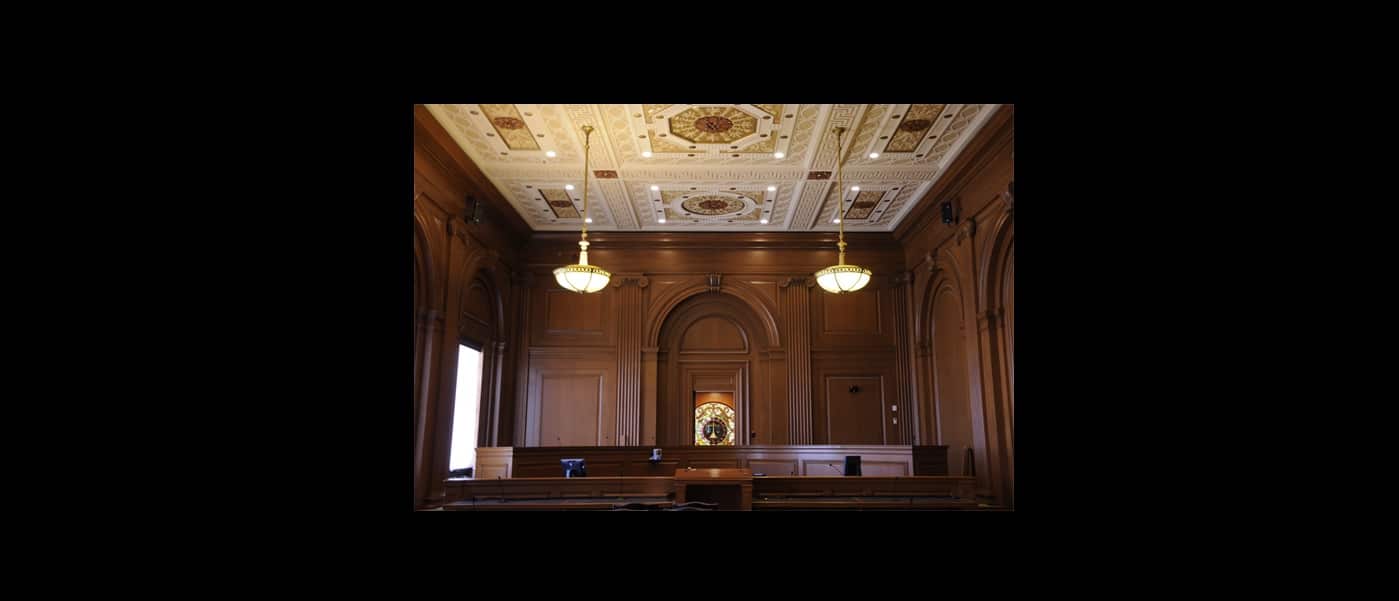MANHATTAN (CN) — A dozen record labels asked the Second Circuit Court of Appeals on Thursday to hold Vimeo accountable for copyright infringement, saying the company ignored red flags when employees encountered recognizable recordings on the video-hosting website.
Major labels — led by Universal Music Group’s subsidiary Capitol Records — initially sued Vimeo in Manhattan federal court. Other labels joining the lawsuit included Caroline Records, Virgin Records, Stone Diamond Music Corporation and several EMI subsidiaries.
While the federal court in New York acknowledged Vimeo’s employees watched videos for their content and knew they contained copyrighted music, the court granted the company summary judgment because it did not have “the right and ability to control” users’ infringing activity.
The federal court also affirmed that the Digital Millennium Copyright Act, or DMCA, grants providers safe harbor from infringement claims, regardless of whether the recordings were published before or after 1972.
The so-called “safe harbor” provisions have typically protected internet providers and other intermediaries from such claims under the DMCA, passed under Bill Clinton’s administration.
Capitol Records argued that the lower court erred in its judgment by underestimating Vimeo’s substantial influence.
“Record evidence shows that Vimeo sought special sponsorship for its infringing ‘Lip Dub Stars’ channel; received other advertisement revenue directly attributable to infringing videos; and attracted users with its ‘don’t ask, don’t tell’ policy toward infringement,” Capitol Records' attorneys wrote in their brief.
Catherine Stetson, an attorney representing Capitol Records, argued Vimeo encouraged users to engage with copyrighted music content on their platform through promotional material and tutorials for the “Lip Dub” channel.
“The homepage says shoot yourself mouthing along to a song, then sync with a high-quality copy of the song and an editing program,” Stetson said Thursday. “There were online tutorials that showed users how to do exactly this.”
Stetson also said Vimeo had “red-flag knowledge” of infringement on its site. She pointed to a company-wide email at Vimeo that acknowledged EMI’s demand for Vimeo to take down all of the label's works from its website.
She added that Vimeo understood the use of a song in the background of a video constituted “a clear violation of the law.”
“That statement is not a correct statement of the law, that having music on your website that uses music without authorization is a clear violation of the law,” Judge Barrington D. Parker, appointed by President George W. Bush, responded. “It is not a clear violation of the law because the law is more complex than that.”
Kathleen Sullivan, an attorney representing Vimeo, pushed back against Stetson’s claim that Vimeo had the “right and ability to control,” adding that Vimeo’s ability to control its site is not enough to exert substantial influence.
“There’s no red flag unless something is obviously infringing in the sense that it’s obviously not licensed and obviously not fair use,” Sullivan said. “It is not substantial influence on infringing activities to encourage lip dub because lip dub is not obviously not fair use.”
In Universal’s lawsuit against music-sharing service Grooveshark in 2013, a New York state appeals court found the DMCA’s protections did not extend to unlicensed music recorded before 1972.
As a result, U.S. District Judge Ronnie Abrams granted partial summary judgment to Capitol Records in 2014. In her opinion, she argued that DMCA’s safe-harbor provision did not apply to pre-1972 recordings as they were protected by state rather than federal law.
That decision was later overturned by the Second Circuit in a 55-page opinion. Lead author Judge Pierre Leval, a Clinton appointee, argued that excluding state copyright infringement would misconstrue Congress’s intent in passing the DMCA.
“To construe [the law] as leaving service providers subject to liability under state copyright laws for postings by users of infringements of which the service providers were unaware would defeat the very purpose Congress sought to achieve in passing the statute,” he wrote.
Joining Judge Parker on the panel were Leval and U.S. Circuit Judge Sarah A. L. Merriam, a Biden appointee. The panel ended the hearing without a ruling.
Subscribe to Closing Arguments
Sign up for new weekly newsletter Closing Arguments to get the latest about ongoing trials, major litigation and hot cases and rulings in courthouses around the U.S. and the world.









